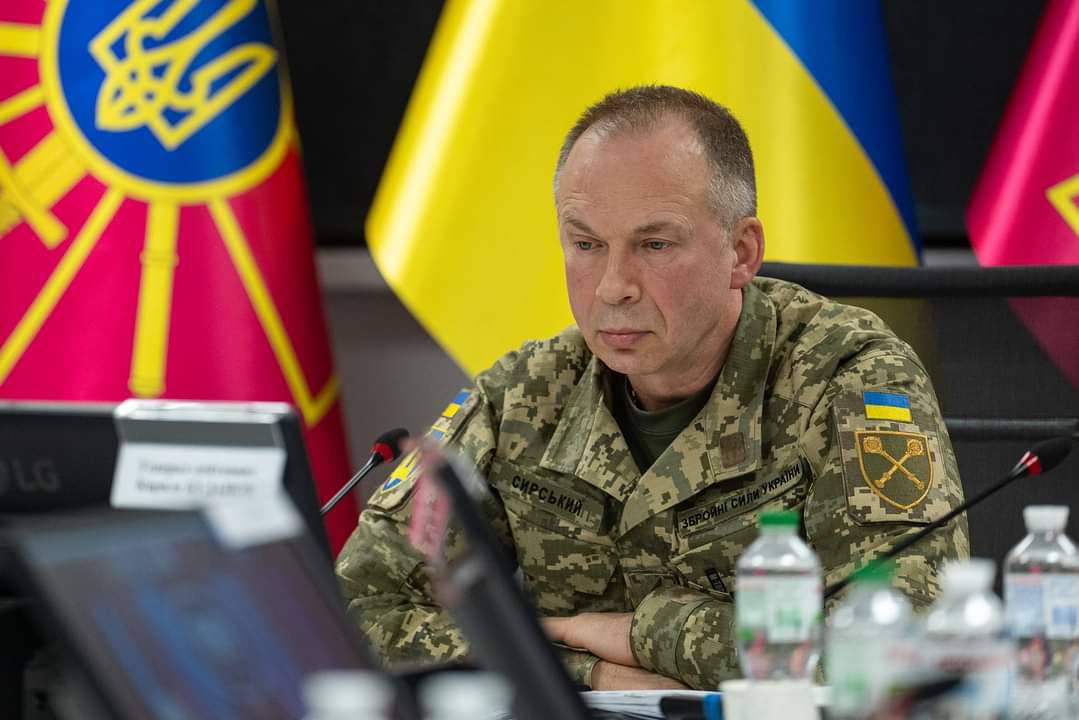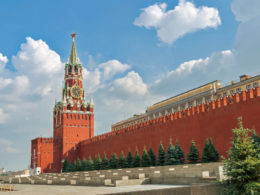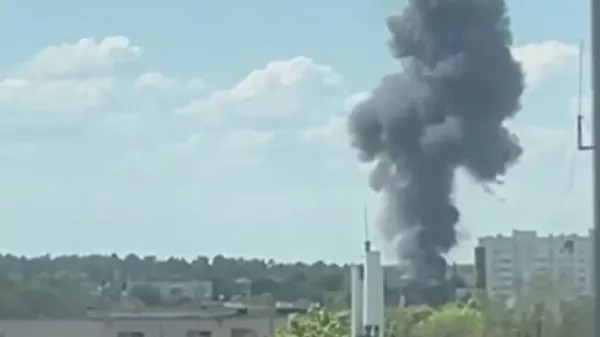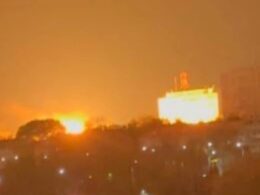Ukraine’s Kursk operation was planned in great secrecy by Commander-in-Chief General Oleksandr Syrskyi, The Economist says. Soldiers interviewed by the publication, including those from the 82nd and 80th brigades, reported initial euphoric gains with little serious resistance. These troops described using clever tactics, including FPV drones for air cover, allowing them to sweep through the Russian countryside.
Small units probed for vulnerabilities before heavier armor was committed in a “maneuver attack” akin to tactics by Russia’s commander, Valery Gerasimov, and was devastatingly effective for the first five days, according to a source in Ukraine’s General Staff cited by The Economist.
The source said the plan was born out of desperation, with General Syrskyi under pressure due to manpower shortages and crumbling front lines in the Donetsk region.
According to the source, Syrskyi considered several scenarios for an offensive push at the weakest points in the Russian line. These options included a strike in Bryansk Oblast in the north, a strike in Kursk Oblast, a combination of the two, or more. The Economist notes that the main objective was to draw troops away from the Donbas stranglehold and create bargaining chips for any future negotiation.
Earlier, President Zelenskyy claimed that the operation’s goal is to create a buffer zone on the Russian territory.
The Economist reports that Western allies were deliberately left in the dark about the operation. A source close to General Syrskyi stated to the publication,
“Syrskyi had two previous operations undermined by the West. One was leaked to the Russians, and on another occasion, we were instructed to abort.”
After 12 days, progress has slowed, and a new front line is emerging, The Economist notes. Ukrainian soldiers interviewed on the ground reported seeing a different level of resistance, with Russia reinforcing the area with better-trained units, including marines and special forces.
While the operation has diverted some Russian troops from the Donbas, Russia is maintaining heavy pressure on Pokrovsk, a town in eastern Ukraine where it was making steady advances before the incursion. A Ukrainian government source told the publication that military activity in the Donbas has significantly decreased since 16 August, with Pokrovsk being a notable exception.
Related:
- Ukraine cut off almost entire Glushkovo district in Kursk, Russians say
- Zelenskyy says Kursk operation’s goal buffer zone in Russian territory
- Kursk operation shifts main battles to Russian soil, expert says
- Ukrainian Air Force confirms attack on bridge in Russia’s Kursk Oblast








